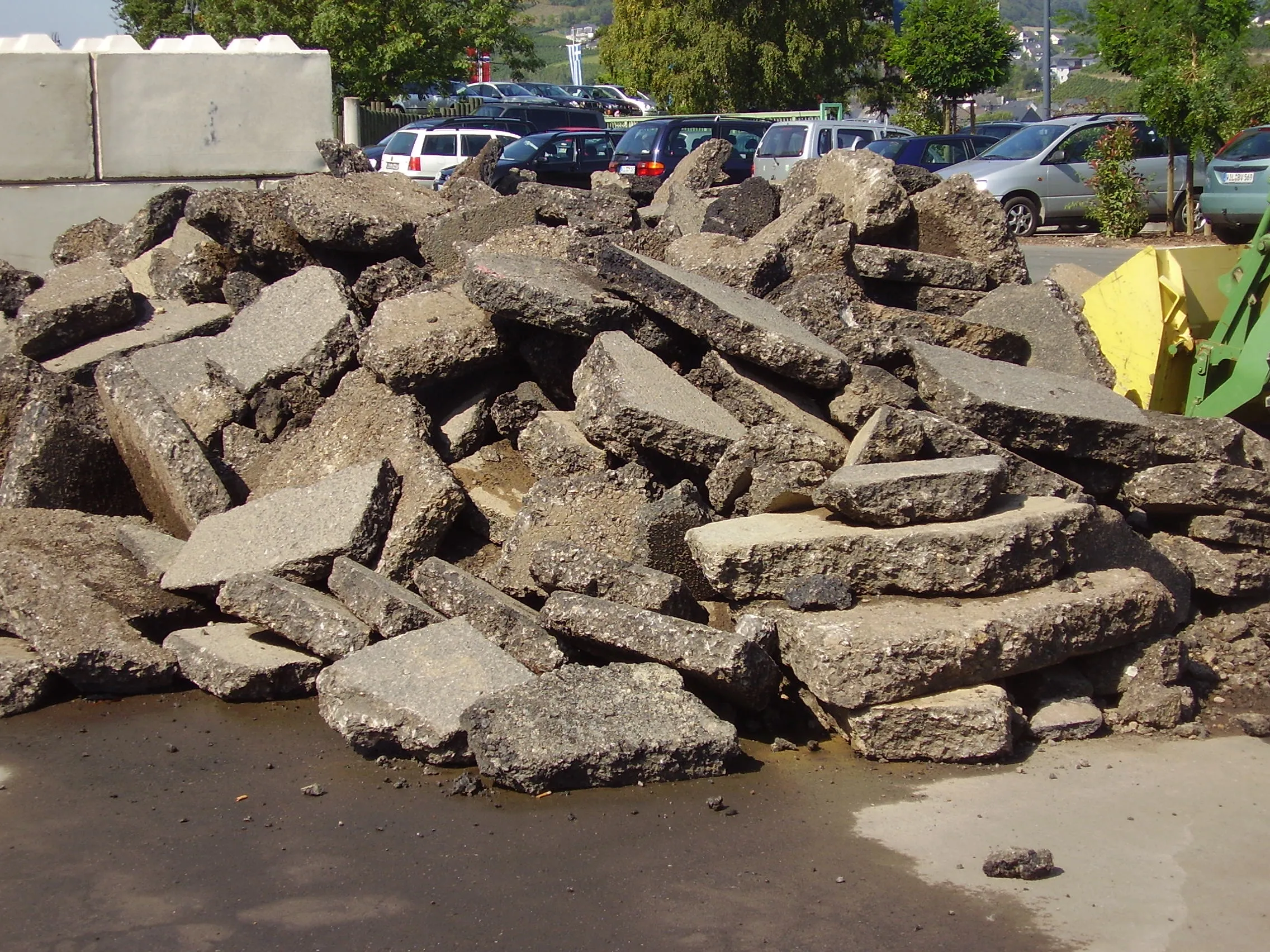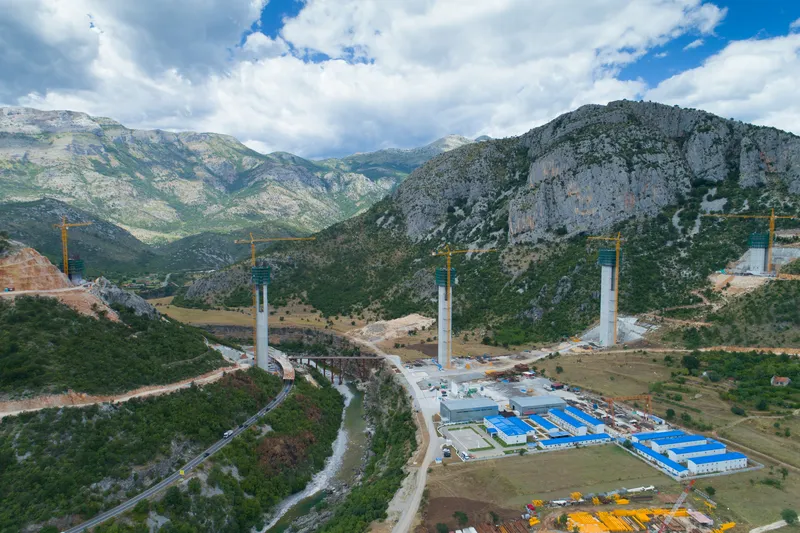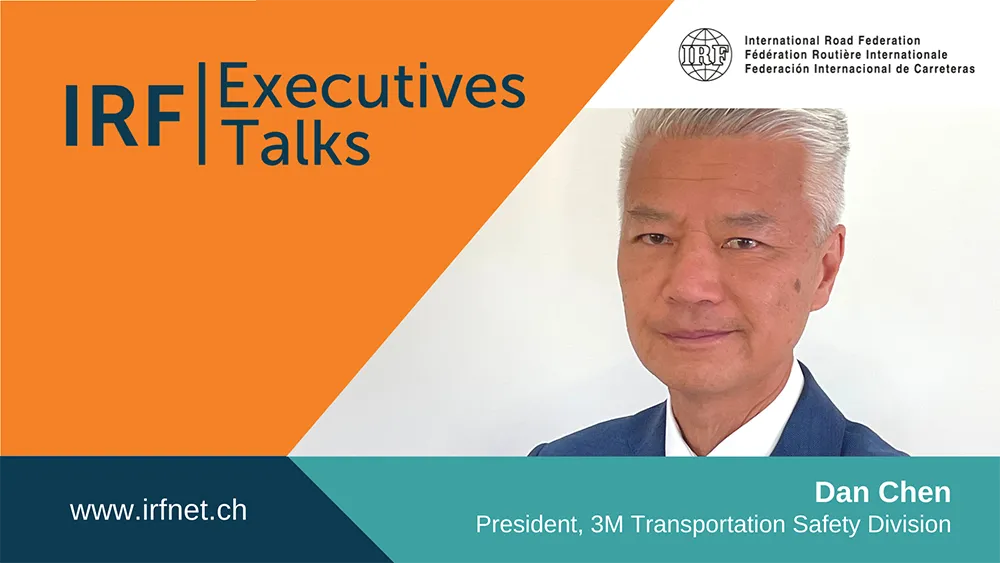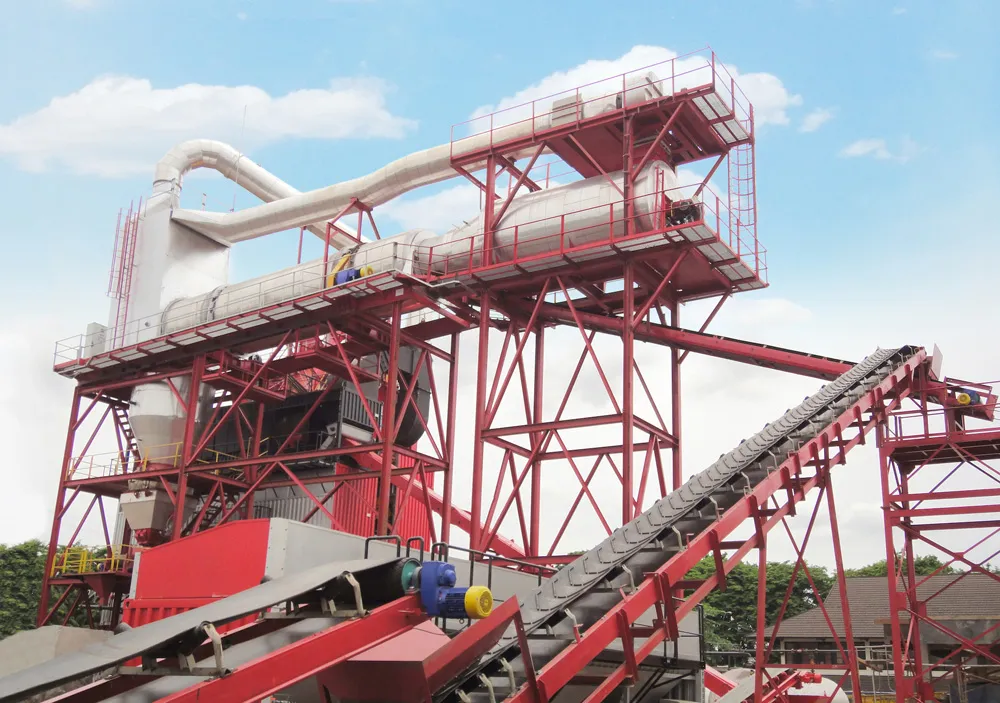
Data from the European Asphalt Paving Association (EAPA) reveals an increase in the use of recycled asphalt pavement (RAP) during 2018. However, the data also shows that total asphalt production in Europe remains lower than at from crisis levels.
EAPA’s overview of the latest production figures of the European asphalt industry shows that in 2018, the total production of hot and warm mix asphalt in the 28 countries of the EU increased for the fourth year in a row. This increase was 2.8% reaching a total of 240.5 million tonnes. However, when other European countries are included, such as Norway, Switzerland and Turkey, the total production remains practically the same (297.9 million tonnes). Turkey continued being in 2018 the number one asphalt producing country in Europe with a total production of 41.7 million tonnes, followed very closely by Germany with 41 million tonnes, -2.4%) and France (35 million tonnes, +3,9%). Additionally, it has been the fourth year in a row with growing numbers.
Despite these figures, after analysing the data of 33 European countries, it could be concluded that the total production is still 15% lower than the maximum levels reached before the crisis (347.7 million tonnes in 2007).
The figures provided by 16 countries about their levels of re-use and recycling of reclaimed asphalt from existing pavements, showed that, out of the 49.5 million tonnes of reclaimed asphalt available in these countries, 76% was re-used in the manufacture of new asphalt mixes and 20% was recycled in unbound road layers and other civil engineering applications.
This means that only 4% was put to landfill or used it in other and unknown applications. These figures make asphalt an important tool, within the construction sector, to meet the challenging objectives of circular economy, which the European Commission included in “The European Green Deal”.
The production of Warm Mix Asphalt (WMA), an important tool to reduce the emissions and energy consumption of the sector, has been generally increasing over the last years, reaching in 2018 a production of almost 6.8 million tonnes. European champion in WMA production is France with 3.7 million tonnes, followed by Norway with 1.3 million tonnes and The Netherlands with 0.8 million tonnes.









